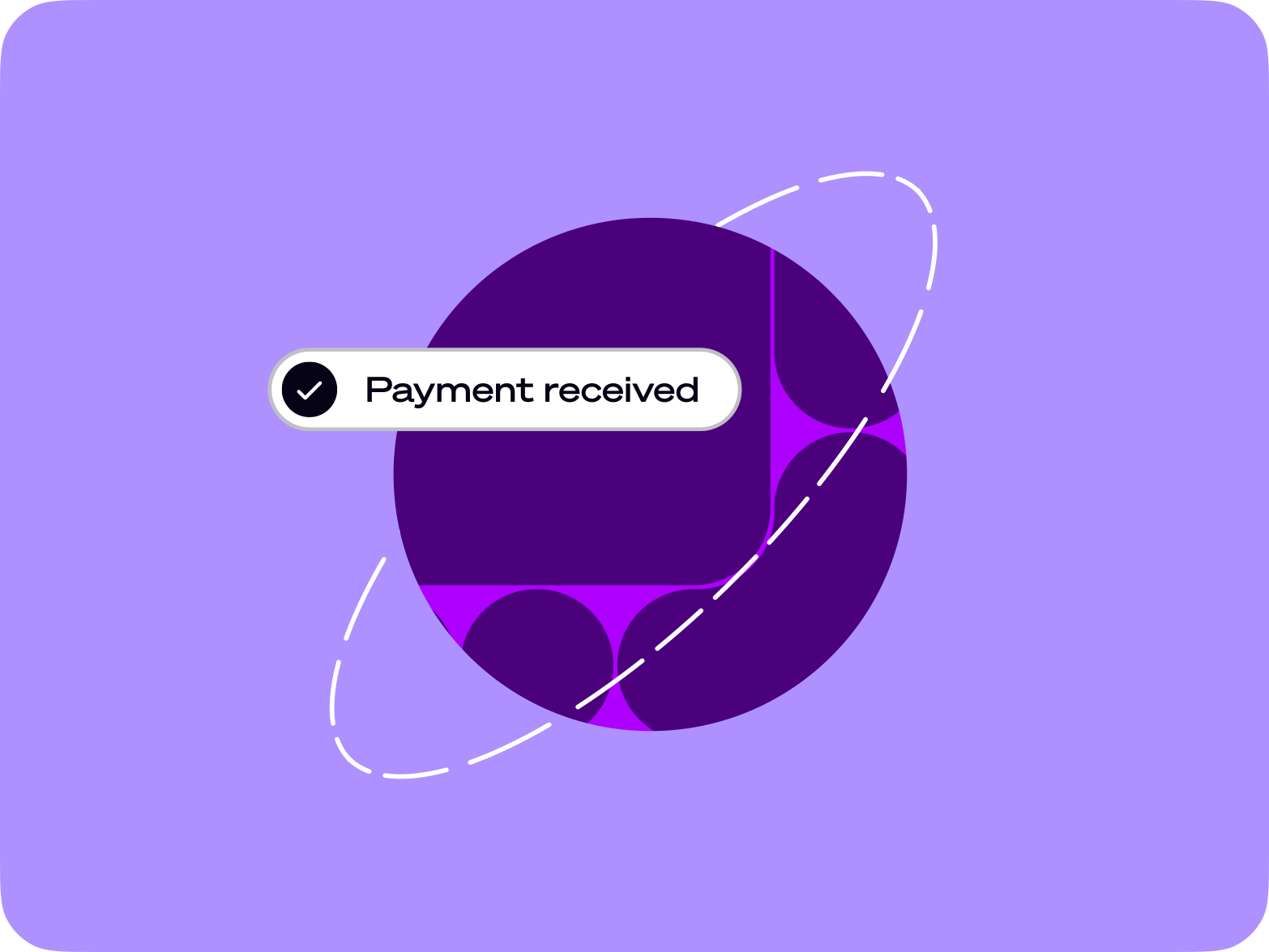Blog
Keep up with the pace of payments.

Retail
Top e-commerce platforms for online businesses | Ecommpay
Explore the top e-commerce platforms that power online businesses. Compare features, complexity, and scalability to choose the right CMS to help you grow.

Retail
A beginner’s guide to e-commerce payments for small online retailers
Discover the essential payment methods, provider tips, fee breakdowns, and security best practices to boost your online sales.

Retail
The top SME payment pain points
UK small businesses face high fees, fraud risks, and payout delays. Discover how to protect cash flow and optimise payments for growth.

FinTech
What’s new at Ecommpay: smarter payments, sustainable growth, and global expansion
Discover Ecommpay’s August 2025 updates: Smarter payments, seamless payouts, sustainable checkout & global market growth

FinTech
Why UK shoppers love digital wallets
Embracing customer preferences is key for driving e-commerce conversions. Let's look into the rise of digital wallets and why SMEs should get on board.

FinTech
What is a Payment Facilitator (PayFac)?
Payment Facilitators (PayFacs) can streamline payment processing for businesses, reducing complexity and increasing efficiency.
This page is being updated. Please check our LinkedIn page for latest news.
